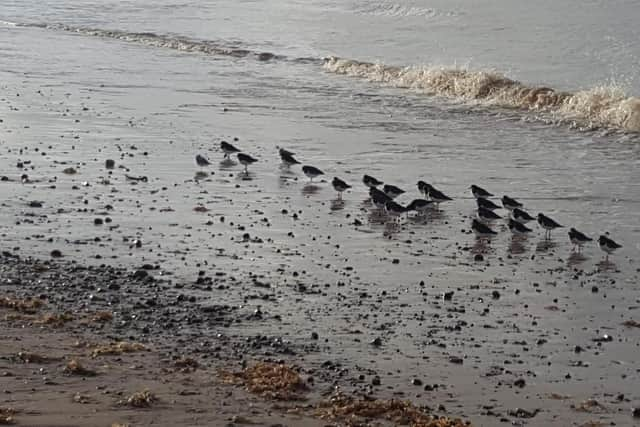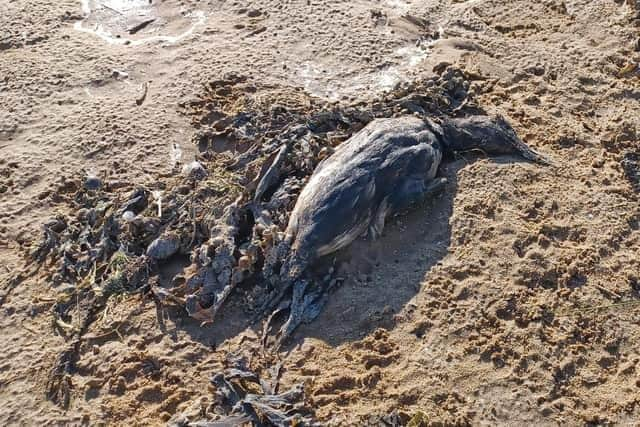Avian flu confirmed as reason for dead sea birds
and live on Freeview channel 276
Dozens of dead birds were found on the tideline on July 4 including Cormorants, Sea Gulls and Common Murre. There were also reports of dead birds on beaches near Todmorden Road in neighbouring St Annes.
A sample of birds removed by Blackpool Council was sent to DEFRA (Department for Environment, Food and Rural Affairs) for tests which confirmed avian flu.


Advertisement
Hide AdAdvertisement
Hide AdHowever the numbers found washed up on Blackpool beaches have now declined, with none washed up in the 10 days or so up to Friday July 28.
But people are still being warned not to touch dead birds if they find them.
A Blackpool Council spokesperson said: “Across the country there is a strain of avian influenza affecting wild birds, in particular sea birds.
“Unfortunately in recent weeks a number of dead birds that have washed up along our coastline have tested positive.


Advertisement
Hide AdAdvertisement
Hide Ad“The UK Health Security Agency advises that the risk to the public’s health from the virus strains currently circulating in the UK is very low.
“However we would advise you not to touch or pick up any dead or visibly sick birds that you find.”
In recent weeks dead sea birds have also been reported washed up on beaches on the Sefton Coast, at Stonehaven Beach in Aberdeenshire, on the Isle of Man and along the south Pembrokeshire coast.
The RSPB is currently carrying out sea bird population counts across the UK to see how badly colonies have been affected.